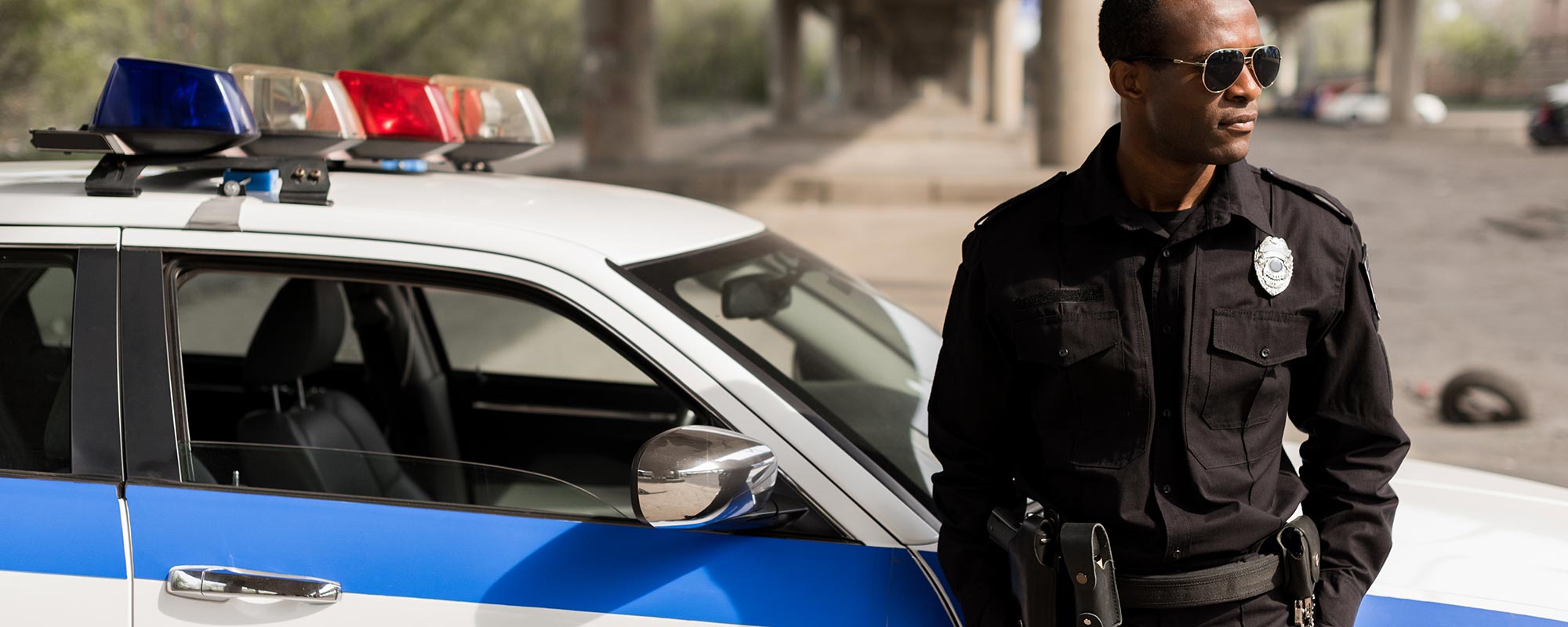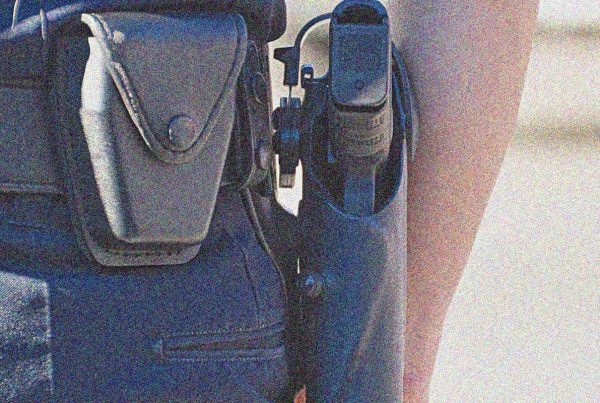Wednesday, April 1, 2020
Peter Cuthbert, Interim Executive Director
Canadian Association of Chiefs of Police
300 Terry Fox Drive, Unit 100
Kanata, ON K2K 0E3
VIA EMAIL
Chief Constable Palmer, President
Canadian Association of Chiefs of Police
VIA EMAIL
Dear Mr. Cuthbert and Chief Constable Palmer,
I am writing to urge that the Canadian Association of Chiefs of Police take an active role in ensuring that the public has clear accurate information regarding the lawful scope of emergency police powers, as well as transparency in how these powers are being used.
We are all living through unprecedented times. Legal authorities are changing rapidly and governments have started to grant police additional powers that significantly alter the scope of individuals’ rights. These emergency powers are complex and vary by jurisdiction. Clarity and transparency are paramount for both the Canadian public and frontline officers.
Both local police services and the general public need to understand the extent and limits of police powers during this time of emergency. A lack of clarity regarding lawful roles, authorities and powers can lead to unnecessary confrontation and unwitting abuse of authority.
The public also needs transparency about how these powers are being used to ensure that they continue to be justifiable, proportionate, and lawfully exercised in a rapidly evolving situation.
As the national voice in Canadian policing the CACP is uniquely placed to serve a pivotal role in this emergency. In the United Kingdom the National Police Chiefs Council (NPCC) and College of Policing are rushing through guidance for police officers on the extent of their powers after numerous reports of police overreach1. We respectfully request that the CACP assist both the Canadian public and the police by proactively providing guidance and transparency. Specifically, CACP should:
Release guidance to the public and front-line officers clarifying the lawful scope of emergency police powers in various Canadian jurisdictions, and the lawful use and storage of information collected by police or by-law officers for the purposes of policing emergency orders; Eg., keeping COVID street checks intelligence segregated from other information collected for non-COVID investigations;
Establish guidelines on the storage and destruction of such data when the emergency orders expire; and
Collect and publishing data on police and other law enforcement warnings, fines, arrests and/or charges issued pursuant to these emergency powers.
CCLA would be pleased to collaborate on these initiatives in any way that might be of assistance. Thank you for your consideration, we look forward to your response.
Sincerely,
Michael Bryant
Executive Director & General Counsel
Canadian Civil Liberties Association
About the Canadian Civil Liberties Association
The CCLA is an independent, non-profit organization with supporters from across the country. Founded in 1964, the CCLA is a national human rights organization committed to defending the rights, dignity, safety, and freedoms of all people in Canada.
For the Media
For further comments, please contact us at media@ccla.org.





